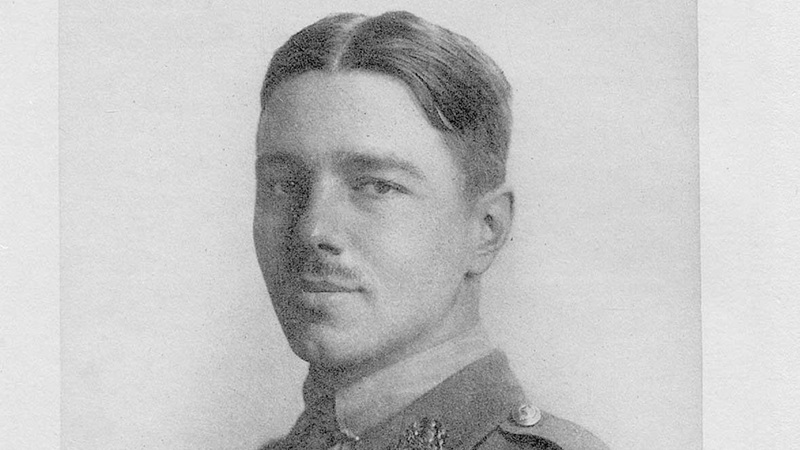Wilfred Owen, the poet whose work epitomises the horror of the First World War for most people in modern Britain, was born in Oswestry in the Shropshire Marches, close to his Welsh ancestral homeland, one hundred and twenty-one years ago today.
His brief life ended just a quarter of a century later, on November 4th 1918, when he was cut down by a German machine gun as he heroically led his men across the Sambre-Oise canal in the sort of suicidal attack that his poetry had implicitly criticised. Famously, the telegram announcing his death arrived at his parents’ home in Shrewsbury at the exact moment when the bells were ringing out to celebrate the Armistice ending the war.
Though a tragedy for his close-knit family, and particularly for his over-doting mother Susan, the circumstances and timing of Owen’s death in action was perfect for building his posthumous reputation as our premiere ‘poet of pity’ for the casualties and waste of the war.

Get Britain's best politics newsletters
Register to get The Spectator's insight and opinion straight to your inbox. You can then read two free articles each week.
Already a subscriber? Log in






Comments
Join the debate for just $5 for 3 months
Be part of the conversation with other Spectator readers by getting your first three months for $5.
UNLOCK ACCESS Just $5 for 3 monthsAlready a subscriber? Log in